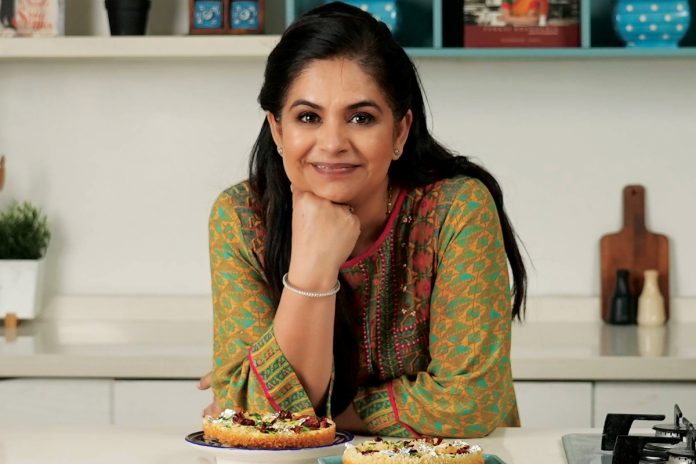A bold career shift at 38 led Pankaj Bhadouria from literature lessons to MasterChef glory, proving that passion knows no age or gender. Now, as a mentor, entrepreneur, and role model, she’s paving the way for women in the culinary world—one plate at a time. Here, she opens up to Dimpal Bajwa about gender biases, leadership, and why the only limits are the ones we refuse to challenge.
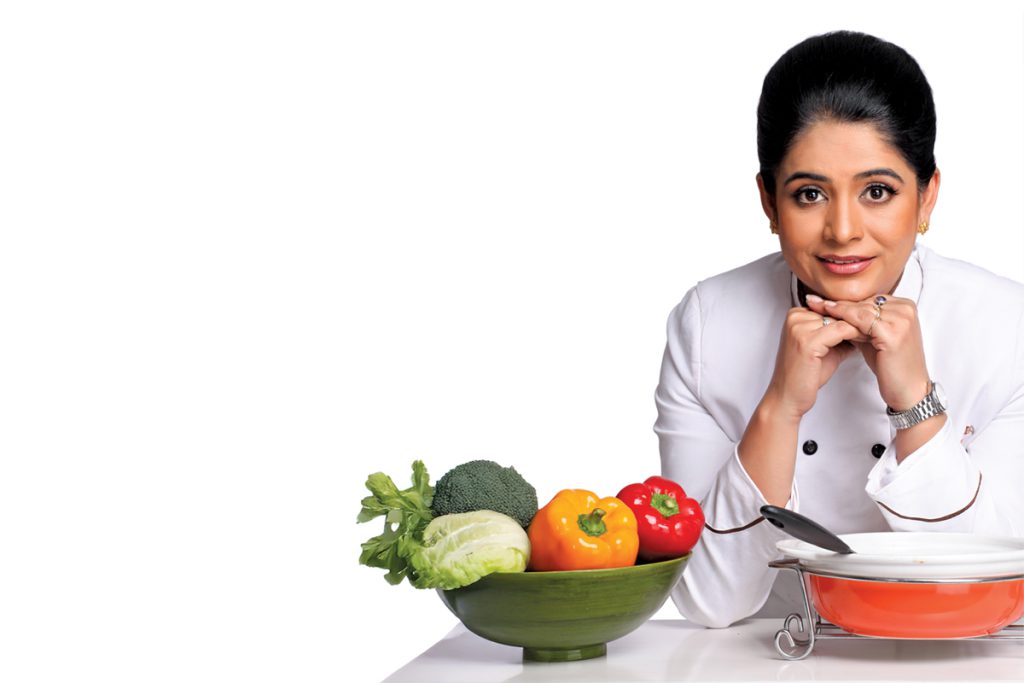
You took a bold leap from a 16-year teaching career to pursue your culinary passion through MasterChef India. What advice would you give to women who are hesitant to make significant career transitions, especially in male-dominated industries?
I feel we are still tied down by notions which no longer actually exist today. And as I like to put it, I don’t see any glass ceilings, I only see sticky floors which do not allow us to move on.
I feel we need to look as careers as careers onl,y and not define them by any gender that they are male dominated or female dominated because you will see today men also working in sectors where women were working earlier. And of course, we see a strong women workforce in so called male dominated sectors today.
For example, the hospitality kitchens have always been dominated by male chefs. I think the simple reason for that was the difficult working hours and the long working hours as well. But today, there has been a shift in how people perceive the Career. I see a good number of female chefs working in the kitchens wherever I go. In fact, at my Culinary Academy, we have almost 70% female students in Culinary Arts programs and almost 90% female students in the Bakery & Patisserie Arts Program!
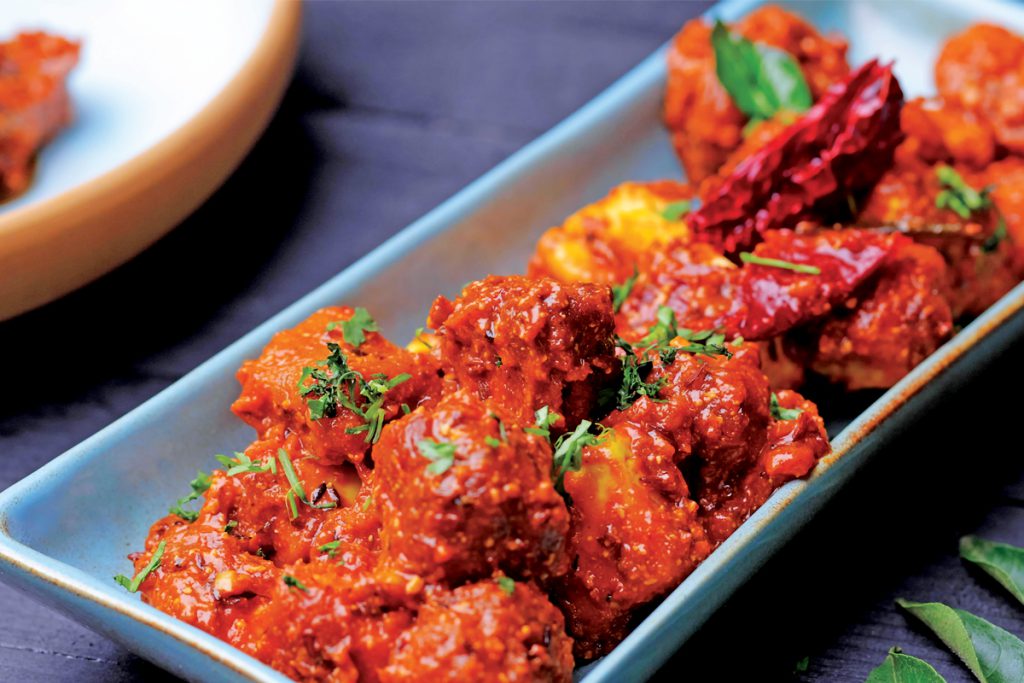
Back in my teaching days, where I taught Pygmalion by G.B. Shaw to my class 12th students, a dialogue by the Protagonist of the play, Prof. Higgins, always remained with me, “Happy is a man who can make a living out of his hobby” (and a woman too!)
I made a transition at the age of 38! My daughter gave up her job as an investment baker with one of the world’s top companies after 4 years when she felt her true calling as a baker and went back to a patisserie school to train as one!
So my suggestion is – follow your heart. You don’t have to go on a defined path if you don’t want to. If your interest leads you elsewhere, follow it. It may be a tad difficult to begin with, but I believe, it will take you where you want to go!
As India’s first MasterChef, you’ve become a role model for many. How has this platform helped you challenge traditional gender roles in professional kitchens, and what changes have you observed in opportunities for women in the culinary industry?
After winning Master Chef. The question for me was what do I do next? So, I decided to combine my passion for cooking and my training as a teacher and set up the Pankaj Bhadouria Culinary Academy in Lucknow. For the past 13 years, we have been training young chefs and placing them in the industry.
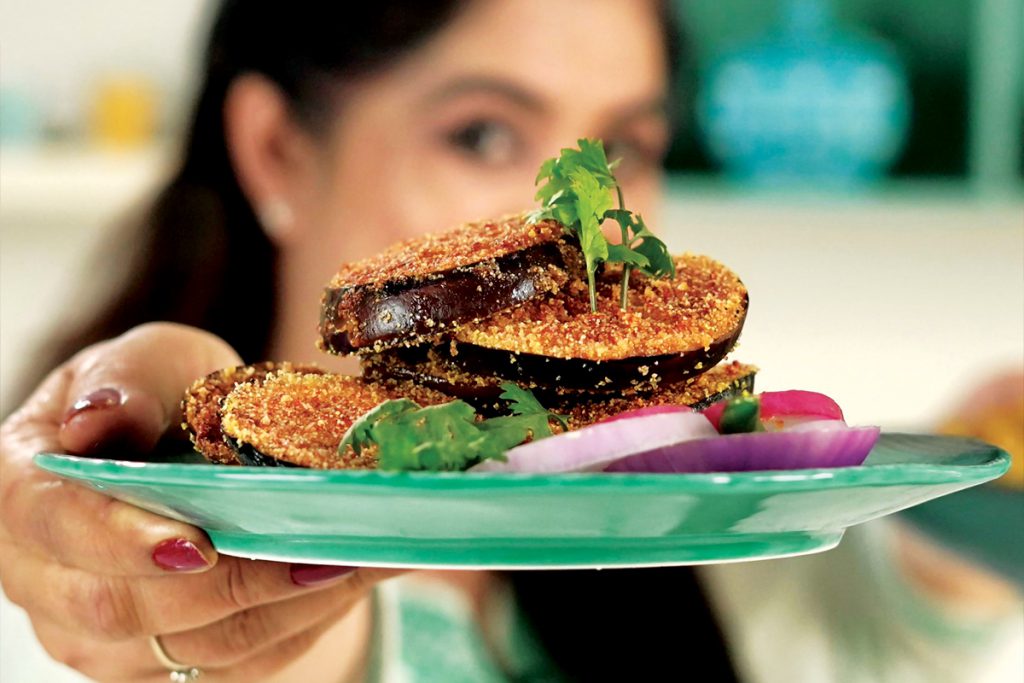
Fortunately for me, a good 80% of our student strength is female. When parents from near and far come to drop their daughters for the 1st time at the Academy, they tell me, “aapko dekh kar isse yahan laye hain”. Believe me, not only does it give me the greatest of joys but also their trust moves me, and I can only look up and express my gratitude to the almighty for helping me get to these girls what I missed out 35 years ago- an opportunity to train as a Chef.
MasterChef, and my journey there on, helped me reach out to millions in the country, it helped me drive in the though in many minds that being a ‘Chef’ is a ‘respectable’ job for women too! And thankfully mindsets are changing, and I see many young girls working in the professional kitchens. Wherever I go, I see more girls and I do make it a point to speak to them and ask about their journey!
Your international appearances, from Cambridge University to the Varli Food Festival, have helped reshape global perceptions of Indian cuisine. How do you approach the responsibility of being both a culinary ambassador and a woman leader breaking barriers?

Are there any barriers? Only in our minds! If I take it to be a barrier, it is a barrier, if I do not take it to be one, it ceases to be one! But yes, my international appearances, be it at the Cambridge University, be it at Food Festivals abroad, Invitations to Japan, Israel, each of them have helped me to showcase that the Indian Cuisine is a lot more than just the Vindaloo or Butter Chicken. That I am a woman, has actually helped me to achieve my goal better.
You’ve successfully built a diverse portfolio of work – from television shows to international workshops and food festivals. What strategies have you employed to maintain authenticity while building your brand in a competitive industry?
I shall tell you a secret- I did not allow the teacher in me die out! It became my greatest strength! From teaching English, to teaching culinary arts in a class of 40 to teaching a group of 200 in a workshop, to teaching millions on the Television, I treat everyone as a student who knows nothing and needs to be taught right from the basic. It helped me to convey the minutest of details to my audience and that helped me to gain their attention too.
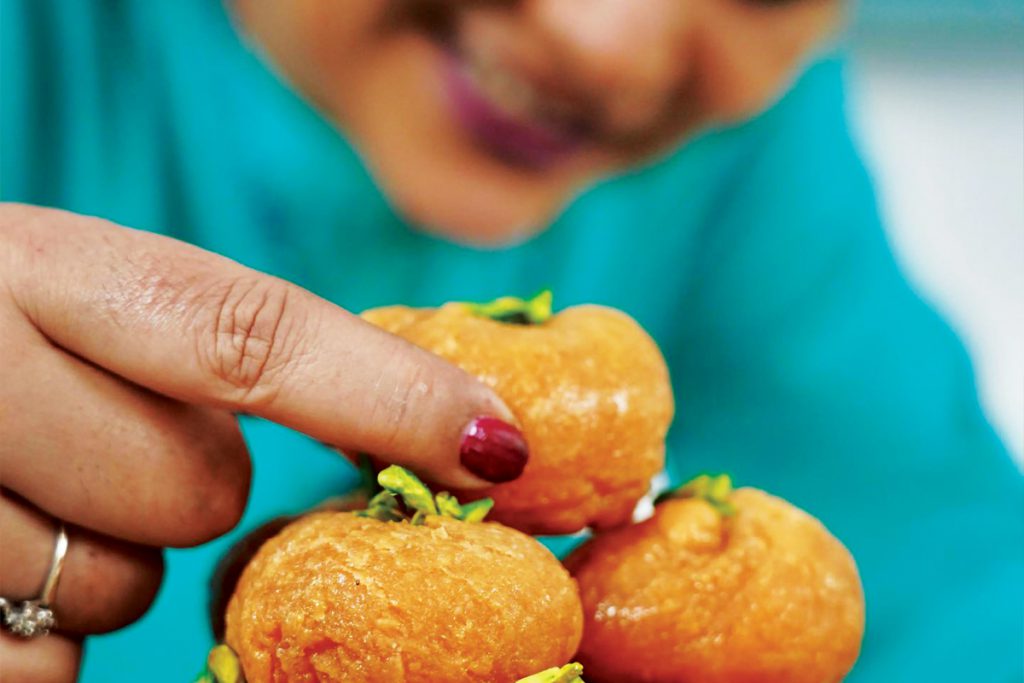
Also, my strength has been an honesty in all that I do. I like to plan everything in detail. I like to have the end product outlined before I begin. I like to keep ensure timelines are met. And I don’t think there is competition. I think there is a pool of talented people who are sharing their knowledge, strength, vision in whatever way they can, and we are all growing together!
Your journey from educator to culinary expert is unique. How have you leveraged your teaching background in your current role, and how has it influenced your approach to mentoring aspiring chefs, especially women?
Yes, I actually thank my experience as a teacher in taking forward the new path I embarked on. As they say, once a teacher, always a teacher. My culinary academy is a child of my love for cooking and my experience as a teacher. I personally look into the growth chart of each student month by month, monitoring their growth, guiding them at every step. I have personally designed the courses, trying to offer more than what traditional culinary academies offer. Keeping in mind the changing trends in the industry, we’ve included topics like Molecular Gastronomy, Art of Plating, Entrepreneurial Skills, Culinary Economics, Personality Development etc. to ensure that they are ready in every sense of the term ‘Chef’.


